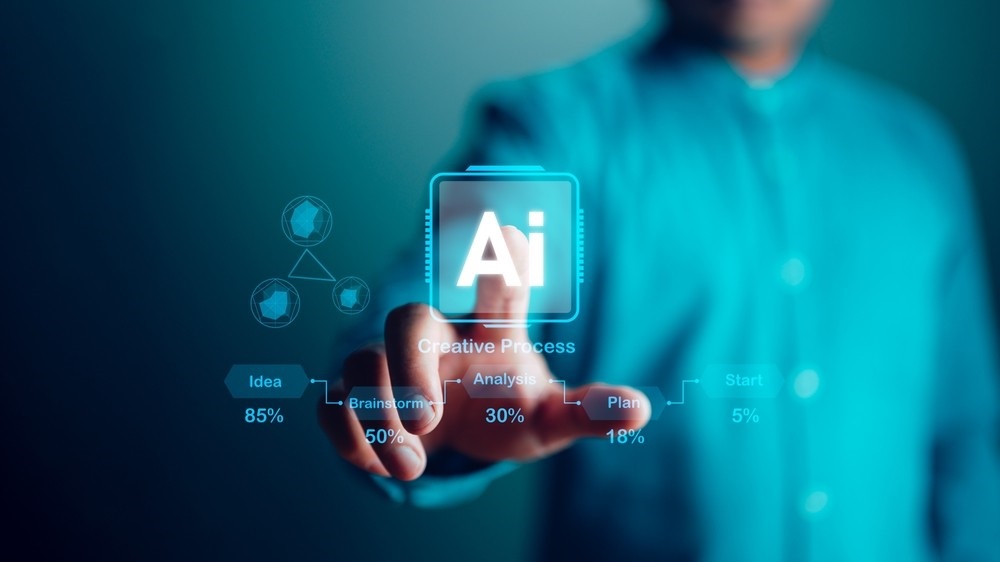Prudent AI usage must for a better future
Md Rabiul Hoque | Source : Daily Observer, 11 February 2025

Artificial Intelligence (AI) has impacted almost all sectors with its revolutionary change. The vast data combined with complex market dynamics has placed AI as a driving force in today's world. Recent developments in generative AI have occurred due to increased computing power along with widespread data availability and machine learning. As a branch of artificial intelligence, machine learning has proven to be an effective method for training algorithms to detect patterns in data for accurate predictions.
There is not a sector that is not impacted by AI. And the impact is awe dropping in finance. From prompt writing to financial modeling, AI has imprinted its foot and challenged the traditional way of finance function. What not AI cannot do? It is supporting in data analysis and simulation in planning through its machine learning. It is getting integrated in system and providing its large data handling capacity service. It can summarize the meeting minutes in Microsoft teams, identify the key action points, deliver presentation by a virtual male or female and draft your email.
New breakthroughs in generative AI technology alongside machine learning innovations are transforming organizational financial process management. AI applications within Financial Planning and Analysis enable organizations to perform complex financial forecasting with precision and agility through data-driven decision-making. AI evaluates extensive data sets to extract essential information on market dynamics and competitive environments and other elements that affect strategic planning. Machine learning algorithms improve forecast precision through historical data analysis to detect patterns and relevant variables. The ability to predict outcomes enhances accurate planning for various scenarios alongside effective risk evaluation.
AI is gradually transforming auditing tools, increasing efficiency and accuracy in financial scrutiny. Machine learning algorithms, illustrated by systems like EY's Helix, KPMG' Clara allow auditors to detect anomalies and potential fraud in vast datasets. Not only quickly analyzing vast amounts of data, AI can provide a consistent approach to follow.
AI in accounting software automates routine and recurring tasks i.e., data entry, invoice processing, and transaction categorization, freeing up time for accountants to focus on more strategic decision-making activities.
However, AI has its negative impacts too. If we are using artificial intelligence to perform tasks, search for information, and solve problems, what does that mean for the intelligence we are born with?
To explore this, a team of researchers performed a study with 666 individuals aged seventeen and up, representing a diverse population. They first assessed how frequently each participant used AI tools, then assessed their critical thinking skills. The study, published in the journal Societies, found that heavy users of AI tools exhibited poorer critical thinking abilities compared to those who used them less frequently or not at all.
Elon Musk discussed the risks of AI at the "Great AI Debate" seminar during the four-day Abundance Summit. He mentioned that AI could be dangerous for humanity, estimating the risk to be around 10 to 20 percent. Despite this, he argued that the potential benefits of AI outweigh the risks. Without going into specifics, he stated, "I think there is some chance that it will end humanity. I probably agree with Geoff Hinton that it's about 10 percent or 20 percent or something like that. The probable positive scenario outweighs the negative scenario."
Moreover, artificial intelligence technology has crossed a threshold with the capability to make people look and sound like other people. A "deepfake" is a type of fake media that looks very real, like videos, pictures, or audio. This technology has caused a lot of confusion, doubt, and the spread of false information. Deepfakes also put people's privacy and security at risk.
We must be extremely cautious in how we handle AI. It is important to use AI sensibly, not just for the sake of using it, rather where it undoubtedly adds value. We need to approach its use with conscious mind, recognizing potential risks like data privacy breaches, algorithmic bias, lack of transparency, and the possibility of unintended consequences, requiring thorough evaluation and human oversight before fully integrating AI into decision-making processes.
The writer is a Chartered Accountant